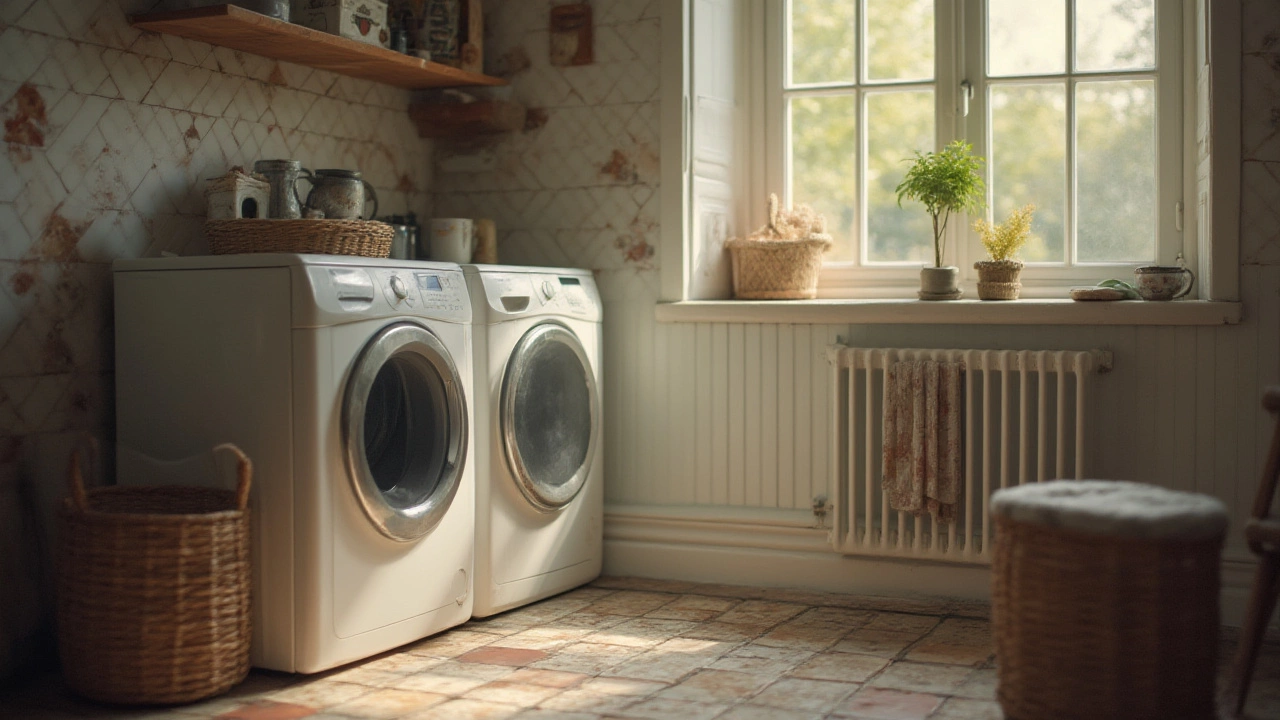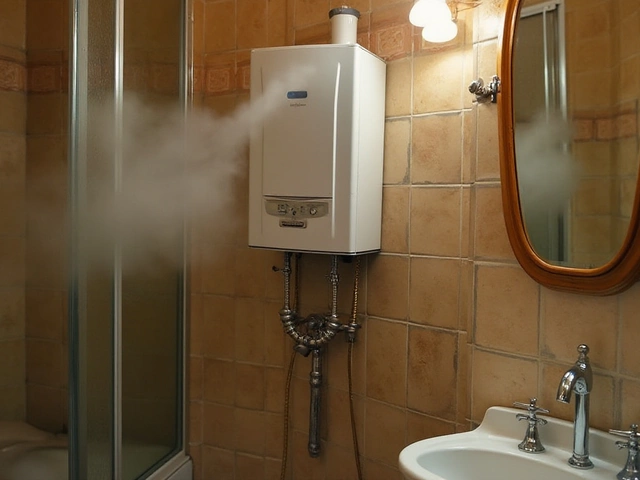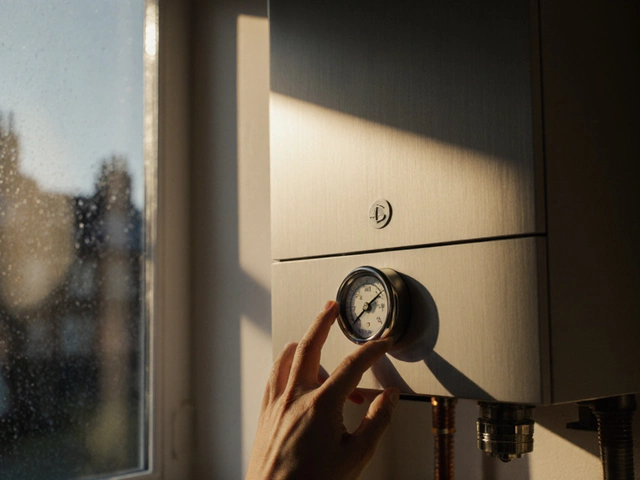Got a washer that’s making weird noises, leaking, or simply not cleaning clothes? Before you toss it out, figure out whether a repair will do or if a replacement makes more sense. This guide walks you through the tell‑tale signs, cost comparisons, and practical steps to get your laundry back on track.
Not every hiccup means the end. Look for these red flags:
If you spot two or more of these, start calculating the cost of a fix versus a new machine.
Simple repairs—like a busted door latch or a broken inlet valve—can cost between £50 and £150. More complex jobs, such as motor or drum replacements, often run £200‑£400. A brand‑new washing machine typically starts around £350 for basic models and can go up to £1,200 for high‑efficiency or smart units.
Use this quick rule: if the repair bill is more than half the price of a comparable new washer, it’s usually smarter to replace. The extra money buys better energy efficiency, newer features, and a fresh warranty.
You don’t need a toolbox for every problem. Try these quick checks:
If these steps don’t fix the issue, it’s time to call a qualified technician. They can safely handle electrical components and parts under warranty.
Remember, a professional repair not only solves the problem but also gives you a short guarantee on the work—something a DIY fix can’t match.
Bottom line: keep an eye on age, repair frequency, and the size of the bill. When the numbers tip toward a new machine, choose a model with a good energy rating (A+++ or A++) to lower future electricity costs. And when in doubt, a quick call to a local repair expert can give you a clear quote and help you avoid unnecessary waste.

Is your washing machine considered old? Learn the real lifespan, signs it's aging, and pro tips to keep it running longer. Get real facts and advice from an expert.

When your hot water heater isn't supplying the steamy showers you're used to, it might be due to a faulty heating element. This article dives into common indicators of a malfunctioning water heater element, such as unusual noises, inconsistent water temperatures, and an unexpected spike in your energy bills. You'll learn how to diagnose potential issues and gather insights on troubleshooting these problems. While some fixes might require professional expertise, understanding the basics can help you pinpoint the root of the problem and decide the best course of action. Get ready to reclaim your warm water comfort!

Step‑by‑step guide to diagnose common boiler problems, covering pressure, thermostat, fault codes, leaks, and when to call a professional.

Is your heat pump running but not cooling your home? Learn the real causes, expert troubleshooting tips, and practical solutions to get your comfort back.

Deciding whether to fix or replace your oven in 2025? Learn real repair costs, when replacement saves money, safety risks of old ovens, and how to make the smart choice without overpaying.

Extractor fans are crucial for maintaining fresh air and reducing humidity in various parts of a home. When these fans malfunction, it's important to know who to call for repairs. This article guides homeowners on how to find reliable extractor fan repair services. We'll look at why professional help is essential and what to consider when selecting a repair technician.